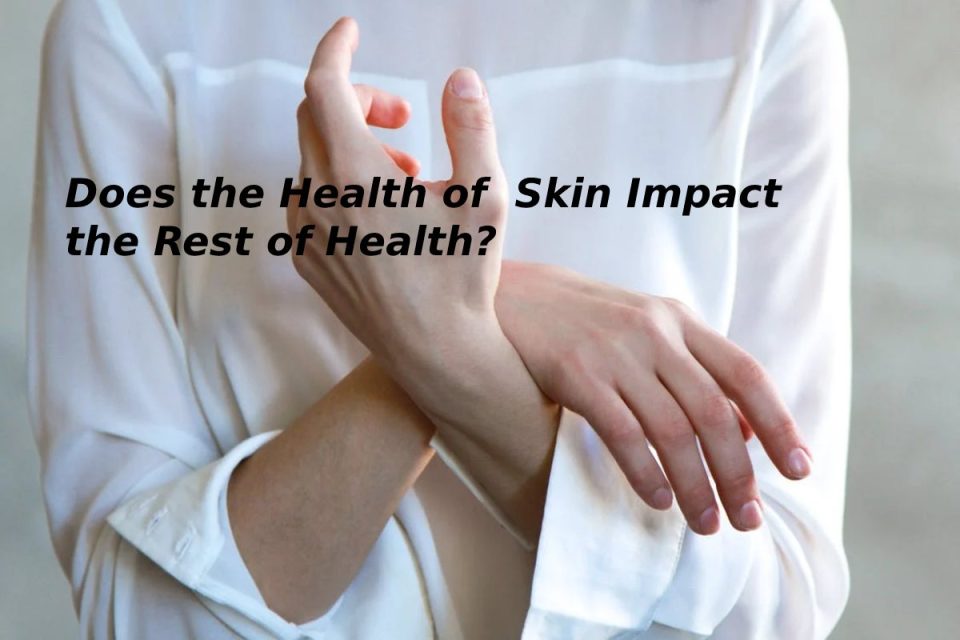Table of Contents
Introduction
The health of your skin plays a crucial role in your overall health. The skin is the largest organ in your body. It plays a vital role in acting as a barrier to prevent things from entering and keeping them inside.
Your First Line Of Defence
The skin is the body’s first line of defence. It acts as a barrier to ward off harmful bacteria, pathogens and dirt that negatively affect your health. Because it is such a vital organ, it must be taken care of properly. Many skin conditions are not necessarily problems (such as dryness, sun damage, or sensitivity) until they become severe.
On the web, you will find a marine collagen site to accompany you. In addition, the daily measures to take to have healthy skin include using gentle cleansers and avoiding aggressive chemicals, protecting yourself with proper skincare from UV rays and using a moisturizer that adds another protective layer.
Your Mental Health Affects Skin Health
Skin problems can negatively affect your mental healthiness. A common condition, atopic dermatitis, can adversely affect mental health, primarily if not adequately controlled. It causes redness and itching that can become painful and raw.
These symptoms affect how you feel physically and how you feel. It can lead to withdrawal from social backgrounds and a bad self-image. Stress and anxiety can also cause flare-ups of this disease, worsening physical pain and deteriorating mental health.
Signal For Health
Skin can have an impact on your fitness and can also provide valuable health information. Skin changes can help you know if there are any underlying problems. Skin imperfections may occur, but chronic conditions become a concern.
Rashes and other patches on the skin, significantly when symptoms like fever are involved, can signal infections or allergies. Yellowing of the skin may signal liver failure. New growths on the skin could signal an internal cancer disease, such as high triglycerides or diabetes.
Acne along the jaw can signal PCOS. Looking at the skin can help you know when to see a doctor, which will help improve your overall health.
Because the skin is so important, you need to do what you can to take care of it. If something is abnormal or chronic, you should always seek the help of a qualified professional to help you treat and control all conditions. Taking the necessary steps to have healthy skin will help you improve your overall health.
Conclusion
Skin can have an impact on your wellness and can also provide valuable health information. Skin changes can help you know if there are any underlying issues. Skin blemishes may occur, but chronic conditions become a concern.


